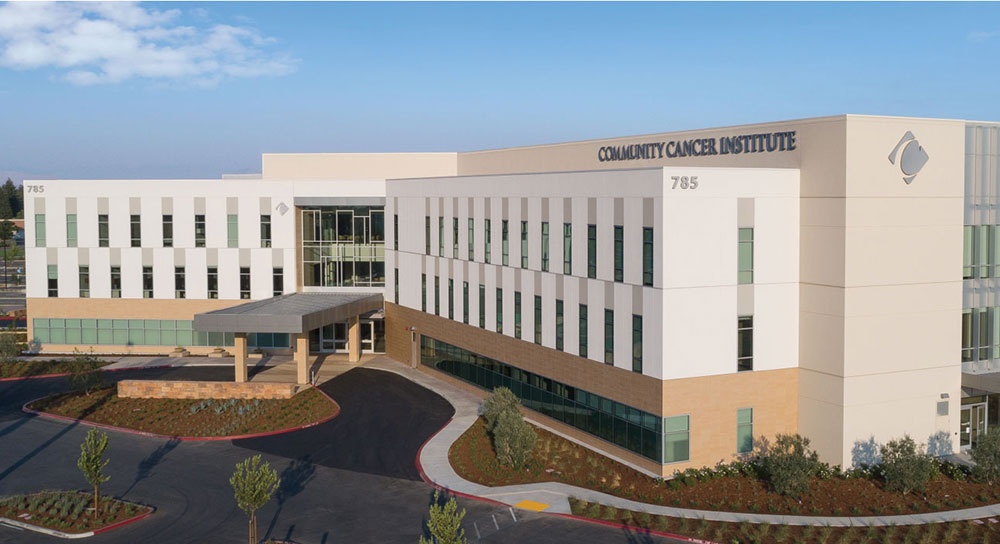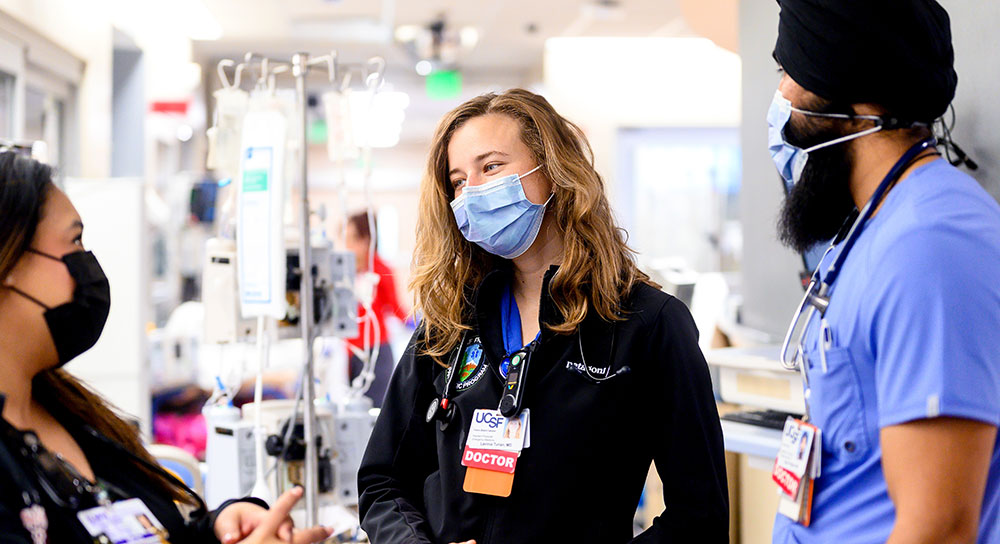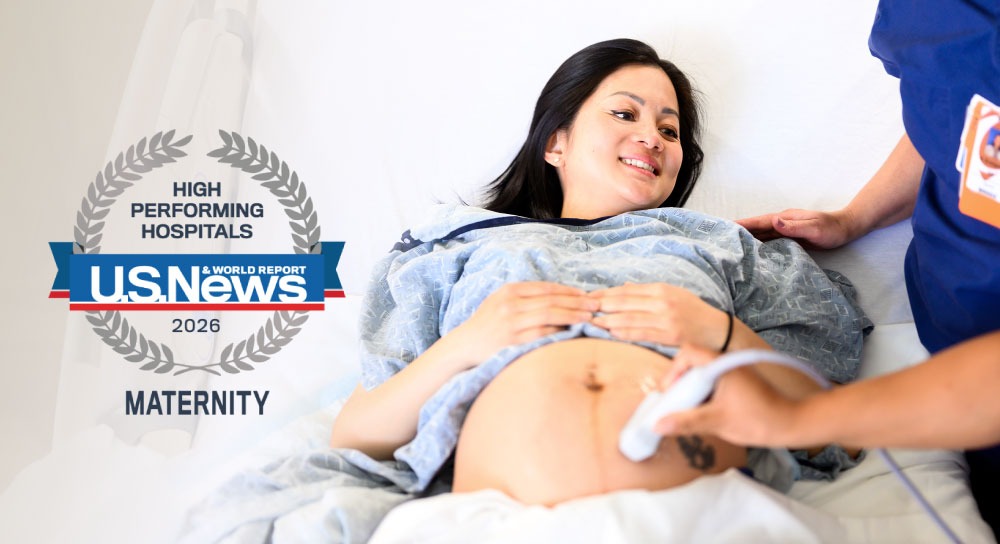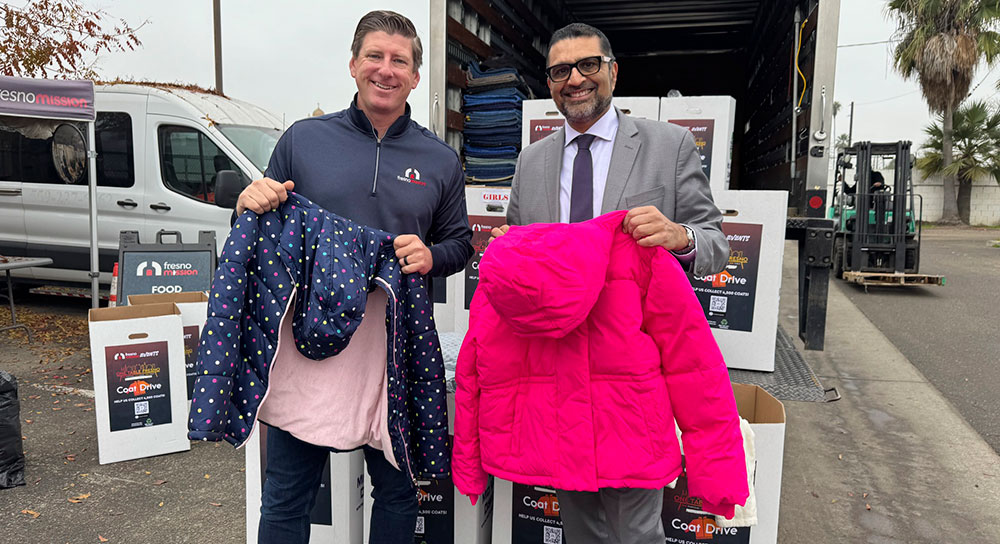Community Cancer Institute has received $9 million from The California Institute for Regenerative Medicine (CIRM) to help establish a Community Care Center of Excellence in regenerative medicine in Central California. The award is one of just three grants approved statewide by CIRM.
Why it matters
The new center will serve as a regional hub for cell and gene therapy clinical trials and FDA-approved treatments, allowing patients to receive these therapies close to home rather than traveling to Los Angeles or the Bay Area. By partnering with University of California San Francisco, University of California Davis, and industry collaborators, the center will expand access to life-saving regenerative medicine and build local capacity for future innovation.
Leading the clinical partnership is grant program director Dr. Haifaa Abdulhaq, who serves as Director of Cellular Therapy at Community Cancer Institute, and Director of Hematology at UCSF Fresno. Dr. Abdulhaq and her team at Community Cancer Institute were the first to successfully deliver to local patients an immunotherapy called CAR-T cell therapy — a treatment that uses the patient’s own immune cells to recognize and destroy cancer cells.
CAR-T cell therapy has proven to be curative in over 50% of patients with certain types of blood cancers.
“At Community Cancer Institute, we are dedicated to bringing the most advanced therapies directly to our community,” said Dr. Abdulhaq. “Through this CIRM award, we are not only delivering cutting-edge cancer treatments like CAR-T, but we are building a foundation for regenerative medicine that will transform care for patients with cancers, sickle cell disease, neurological disorders, and immune-mediated conditions right here in the Central Valley.”
Vision for the future
The Central Valley Community Care Center of Excellence embodies Community’s vision to create an integrated, community-based model for regenerative medicine, combining patient care, workforce training, and clinical research under one roof. A portion of the investment funds will be used to launch community outreach partnerships with local organizations serving Latinx, Black, Southeast Asian, Native American, and Veteran populations — aiming to bridge the equity gap in regenerative medicine healthcare.






